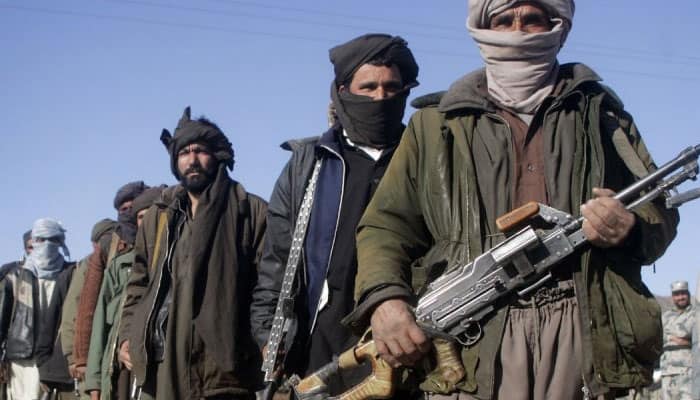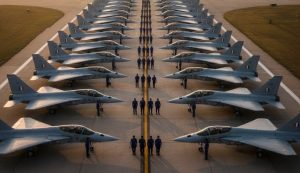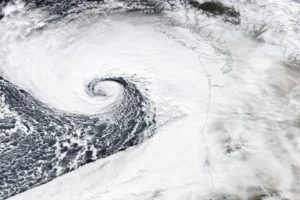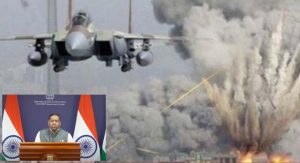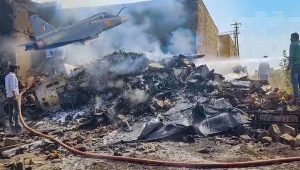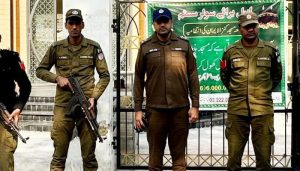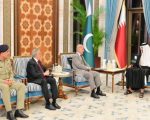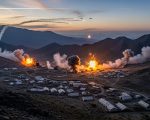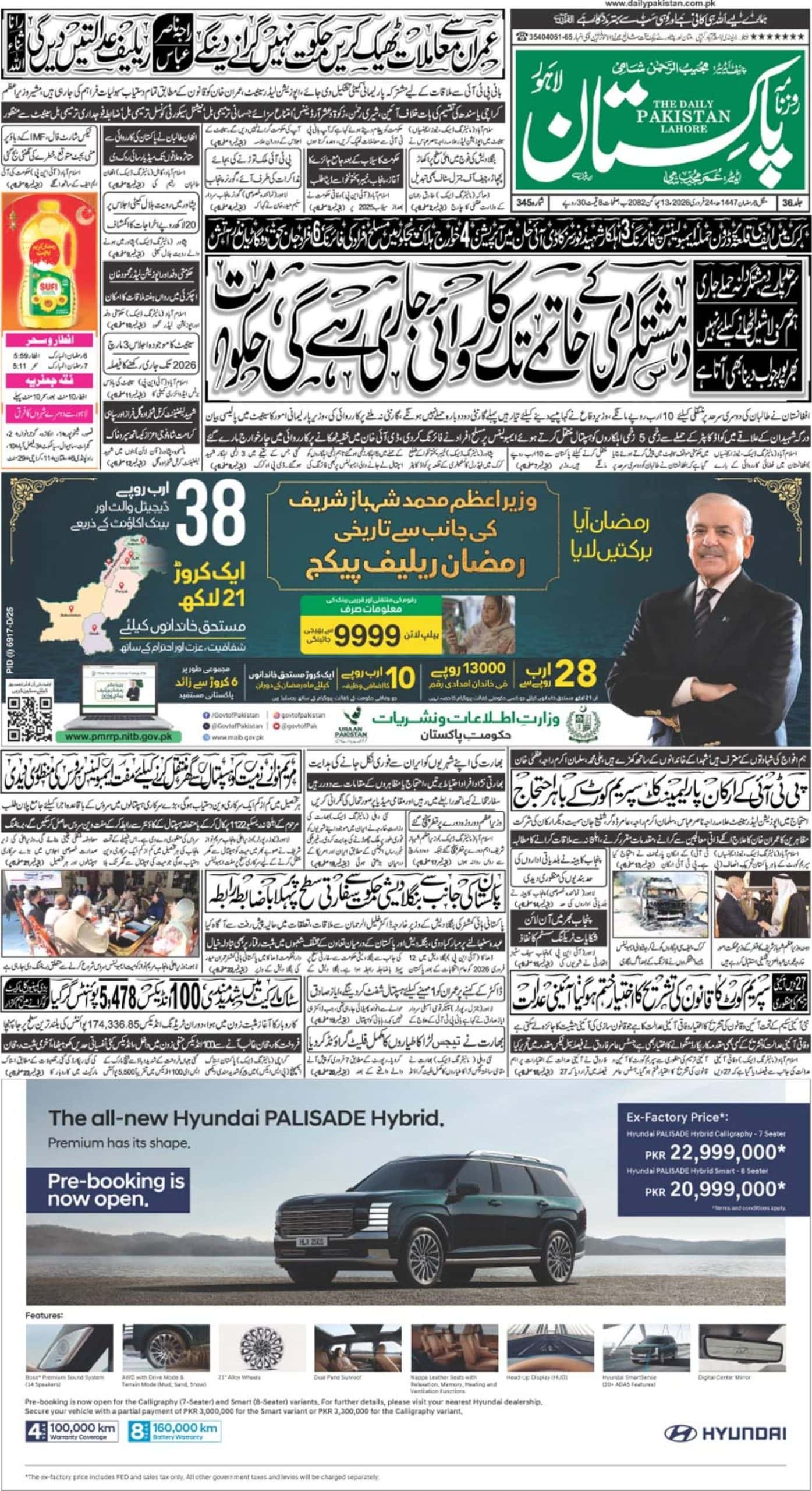KABUL/DOHA – The Taliban have appointed a new lead negotiator to ‘properly handle’ talks with the United States as efforts continue to find a resolution to the 17-year-old Afghan war.
Mullah Abdul Ghani Baradar, a co-founder of the Afghan Taliban, was appointed leader of its political office in Qatar on Friday, according to a statement from the militant organisation.
Baradar, who was released from a prison in Pakistan in October last year, has been authorised to lead the political team and take decisions.
Baradar was brought in to “strengthen and properly handle the ongoing negotiations process with the United States.” Taliban spokesman Zabihullah Mujahid said. “Multiple changes have also taken place in the military and civilian departments” of the group, “so that the ongoing jihadi process and political efforts can develop positively,” he added.
The announcement comes as the insurgents said Thursday they had held four straight days of talks with US officials in Doha. It was not immediately clear if the negotiations were ongoing Friday.
The duration of the talks, described as “unprecedented” by analysts, has raised hopes of an imminent agreement that could pave the way to peace talks.
But Washington, which confirmed on Tuesday that talks were being held in Qatar between its envoy for Afghanistan Zalmay Khalilzad and representatives of the Taliban, has made no comment since.
Afghan officials, who have complained previously about being cut out of the talks, also warned that any agreement would need their endorsement.
Baradar, formerly a number two of the Islamist group, helped Mullah Omar, who died in 2013, to found the Taliban movement.
“Baradar will soon fly to Qatar. He has been given the new position because the US wanted the senior Taliban leadership to participate in peace talks,” according to the Taliban spokesman.
Tolo News, quoting sources familiar with the Qatar talks, said the US and Taliban have inched closer towards sealing an agreement on some issues, including discussions on a timetable for the withdrawal of US forces from Afghanistan and a ceasefire.
It also quoted sources close to the Taliban as saying that they will not allow any group to stage attacks against other nations from Afghan territory.
https://en.dailypakistan.com.pk/headline/us-to-withdraw-about-7000-troops-from-afghanistan/
Baradar, who coordinated the insurgent group’s military operations in southern Afghanistan, was arrested in 2010 by a team from Pakistan’s military-controlled intelligence agency, the Inter-Services Intelligence, and the US’ Central Intelligence Agency.
His release, according to security experts, was part of high-level negotiations led by Khalilzad with the Taliban.
Newly appointed Baradar will also hold the additional post of third deputy of Mullah Haibatullah Akhundzada, the leader of Taliban, and work with Sher Mohammad Abbas Stanekzai, a veteran Taliban official who has been running the group’s political office in Qatar since 2015 and has participated in the latest rounds of peace talks.
The US invaded Afghanistan after the Sept. 11, 2001 attacks to topple the Taliban, who were harboring Osama bin Laden and al-Qaida. The Taliban have staged a comeback in recent years and today hold sway over nearly half the country.
Pakistan has long had influence over the Taliban, and the senior leadership of the group is widely believed to be based there. Mohammad Faisal, a spokesman for Pakistan’s Foreign Ministry, said it had “facilitated” the ongoing negotiations in Qatar and that Pakistani officials were attending the latest talks.
The Taliban have refused to meet with the Afghan government, which they view as a US puppet. Earlier this week, a Taliban assault on a military base run by the intelligence service killed dozens of people.
https://en.dailypakistan.com.pk/headline/over-100-feared-dead-in-taliban-attack-on-afghan-intel-base/
The Taliban’s demands include the full withdrawal of NATO forces and the release of prisoners. In return, the Taliban have said they will not allow Afghan territory to be used for attacks on the US or other countries.
While most of the US troops left Afghanistan by the end of 2014, Washington continues to support the Afghan armed forces in combating terrorism.

